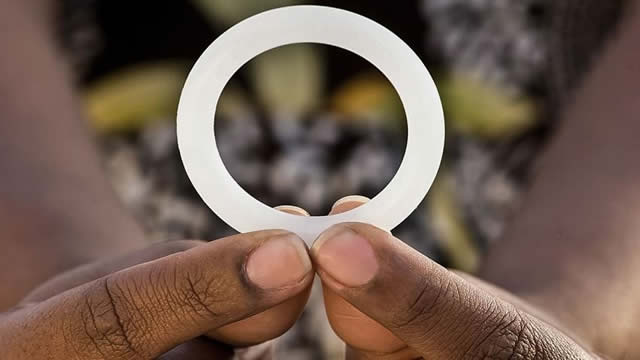Ring cuts HIV risk by 61 percent

Chronicle Reporter
THIS plain-looking silicone ring is more useful than it looks. Doped with an experimental antiretroviral drug, when worn in the vagina by women in sub-Saharan Africa, it was shown to reduce the risk of HIV infection by as much as 61 percent.The ring is part of a large study called ASPIRE, which is designed to determine whether an experimental antiretroviral drug called dapivirine can help prevent HIV infection.
The study enrolled 2,600 uninfected women between 18 to 45 years of age in sites around Malawi, South Africa, Uganda, and Zimbabwe. All of the women were considered at high-risk for HIV infection.
The findings, published in the New England Journal of Medicine, found that the dapivirine ring reduced the risk of acquiring HIV by 27 percent. When the team discarded data relating to women who didn’t return during the study, that figure rose to 37 percent.
Interestingly, when the team looked at data for just those women aged 25 and above, the figure shot up even further, to 61 percent. The team notes that women under 25 seemed to use the ring less consistently, which could account for its decreased efficacy amongst the younger participants.
Developed by the nonprofit International Partnership for Microbicides (IPM), the ring is by no means a complete solution to HIV transmission. But it does provide an extra line of defence and is empowering for women in regions where use of condoms is often inconsistent. The researchers will continue to study the ring and its efficacy, particularly trying to establish how they can increase its effectiveness among younger women.
The monthly dapivirine ring, which IPM developed over the past decade, is the first to adapt a medical technology commonly used to deliver hormones to women — the vaginal ring — to instead deliver an ARV drug to prevent HIV. The flexible ring is easy for a woman to insert herself and provides sustained-release of dapivirine locally to the site of potential infection during vaginal sex.
Women can insert the ring without the knowledge of their partners, and they will not feel it.
IPM’s chief executive officer Zeda Rosenberg said the ring will empower women from developing countries who are unable to negotiate for safer sex.
A lead researcher who participated in the study, Dr Jared Baeten, from the University of Washington, said women in Zimbabwe have taken ownership of the ring.
“I remember really vividly talking with some of the participants in Zimbabwe part way through the study, and they would say, ‘This ring is mine’. There was ownership of the ring because she could control it,” said Dr Baeten.
As the ring’s regulatory sponsor, IPM is compiling all data on the ring and plans to submit the comprehensive dossier of evidence regulators require for product licensure in early 2017.








Comments